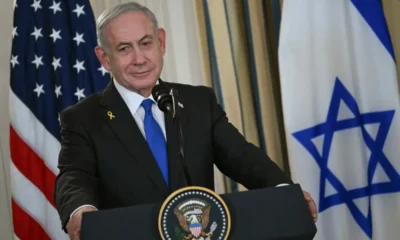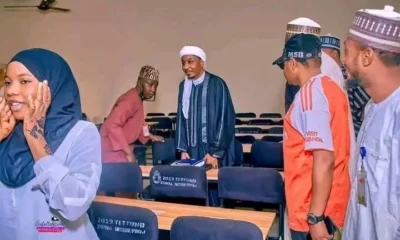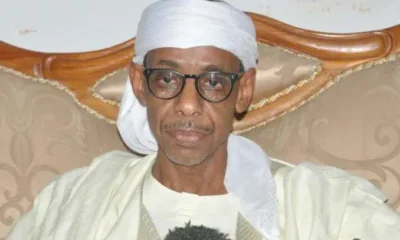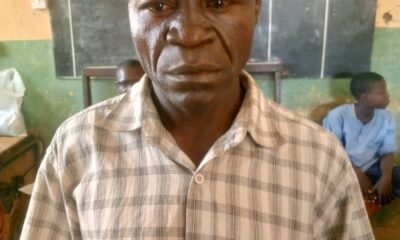World
US telecom firm fined $1m for fake AI-generated Biden campaign
The United States Federal Communications Commission (FCC) has fined Lingo Telecom, a voice service provider, $1 million for its role in the deepfake robocall that impersonated President Joe Biden’s voice ahead of the Democratic Party primaries.
A robocall is a phone call that uses a computerised autodialer to deliver a pre-recorded message, as if from a robot.
In a message displayed on voters’ phones, the voice urged citizens to vote in the November polls, mimicking Biden.
“Voting this Tuesday only enables the Republicans in their quest to elect Donald Trump again. Your vote makes a difference in November, not this Tuesday,” the audio message said.
On Wednesday, the FCC said Lingo Telecom agreed to pay the fine and has also committed to a unique programme to verify the trustworthiness of customers who use its networks to transmit data.
“Every one of us deserves to know that the voice on the line is exactly who they claim to be,” Jessica Rosenworcel, FCC chairperson, said.
“If AI is being used, that should be made clear to any consumer, citizen, and voter who encounters it.”
Authorities call the fine the first-of-its-kind enforcement action against malicious deepfakes, or AI-driven impersonations of others.
“By holding Lingo Telecom accountable for its role in transmitting the spoofed robocalls carrying AI-generated messages, the FCC is sending a strong message that election interference and deceptive technology will not be tolerated,” John Formella, New Hampshire attorney general, said.
The Biden robocall was the first use of a deepfake in national US politics.
Authorities said they moved quickly and aggressively to deter more political deepfakes.





















